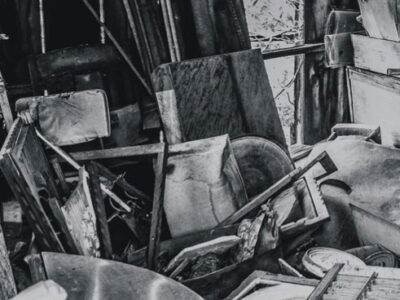A weekend camping trip is exciting and fun, but it can also be unpleasant if you don’t bring essential items to make you feel comfortable.
In this article, we’ll talk about such items and provide you with tips for improving your camping survival skills. Read on!
Campsite Items
The campsite is where you set up your shelter. As such, it needs items like tents, sleeping bags, and other items that maximize your comfort.
If you’re using drive-up campgrounds, check the amenities before you start packing. These campgrounds offer tables, firewood, firepits, and other things you might not need to bring by yourself.
The following are the most essential items you must bring to the campsite:
- Tents
- Sleeping bags
- Sleeping pads
- Headlamps
- Lighter
- Pillow
- Chairs
- Hammock
- Axe
- Batteries
When bringing these items to the campsite, pack them in a dedicated camping gearbox to organize everything.
Sportsman Finder helps all sportsmans to find deals on fishing gear, camping gear, boating gear, and hunting gear.
First Aid and Toiletries
Secure your basic hygiene by packing the most essential toiletries, and prepare for health emergencies by bringing in your trusty first aid kit. Even if you’re camping for just one night, you must keep yourself clean and safe. The following are the most essential toiletry items you must bring:
- Body or face wipes
- Soap
- Deodorant
- Toilet paper
- Hand sanitizer
- Sunscreen
- Bug spray
For first aid kits, the following items are lifesavers:
- Adhesives
- Bandages
- Tweezers
- Gauge
- Pain relievers
- Disinfectant
You might also want to bring basic medications like ibuprofen, antihistamine, and aspirin.
Kitchen Tools
While you can try starting a fire using tricks and ancient ways, you can also opt for more convenience by bringing practical kitchen items to the camp. This lets you enjoy your cooked food even when you’re miles away from your house.
The following should be included in your pack:
- Portable stove
- Fuel
- Lighter
- Cooking utensils
- Knife (pocket knives will do, and this page lists the most durable ones you can buy)
- Sponge
- Cooler
Apart from those, you should also bring trash bags for proper waste disposal. If you don’t trust the campsite’s water supply, it’s ok to bring your own filled water jugs.
Clothing
Bring extra sets of clothes and shoes wherever you go camping. If your camping activities include swimming, hiking, or others, changing clothes is a must. Consider the weather, too, as things can change quickly outdoors.
Bring extra clothes for both warm and rainy weather to be completely prepared. The following are some of the most essential clothing articles you can bring:
- Pants and shorts
- Shirts (both long and short sleeves)
- Jacket
- Hiking boots (if you’re hiking)
- Socks
- Sleepwear
- Hat
- Rain jacket
- Gloves
- Breathable Shorts
Your Survival Skills
Your survival skills are important especially when you experience emergencies and inconveniences.
When disaster strikes, a well-developed survival instinct and knowledge can be lifesavers. The following are some of the most important survival skills you should develop:
- Purifying water: having potable water is a priority. Avoid stagnant waters. Instead, go to streams and rivers where the flow is strong. If you can, boil the water to purify it.
- Starting a fire: knowing how to start and tend a fire is another lifesaver. It gives you warmth during cold weather, cooks your food, and wards off predators.
- Navigation: finding your way back using your navigation skills when everything else fails is a handy survival skill. Some essential navigation skills include finding the high ground, using the sun, following water, and reading a compass.
- Hunting for food and cooking: you don’t want to starve. You before camping, learn how to hunt game, build traps, and catch fish. Learn to cook, too!
- Dressing a wound: in the worst-case scenario, you or another person might get injured. Knowing how to apply first aid and dress a wound is a literal lifesaver in such a situation.


















Comments